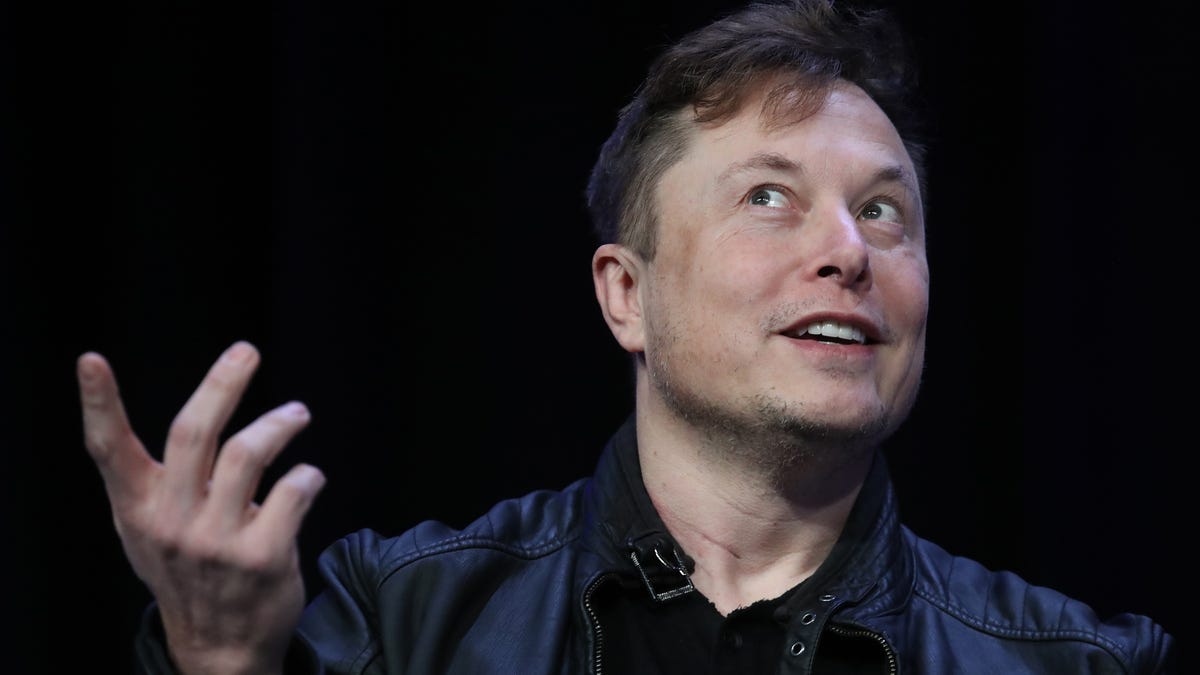In September 2022, Elon Musk’s Twitter Takeover Sparks Controversy around California’s AB 587
California Governor Gavin Newsom signed AB 587, also known as the “transparency law,” into effect in September 2022, just one month before Elon Musk assumed control of Twitter. The legislation requires major social media companies to publicly disclose their content moderation policies and provide the government with substantial data on their decision-making processes.
Newsom emphasized that the law aims to counter the weaponization of social media platforms in spreading hate speech and misinformation, which pose a threat to both communities and the fundamental values of the country. He argued that Californians deserve transparency and accountability regarding the impact of these platforms on public discourse and the content consumed daily.
However, on September 8, Twitter, now rebranded as X, filed a lawsuit against California, asserting that AB 587 violates the company’s First Amendment rights. In their complaint, Twitter alleges that the legislation unlawfully interferes with the company’s editorial processes and exerts pressure to remove or downplay speech deemed “problematic” by the government.
Twitter’s lawyers highlighted that AB 587’s legislative record clearly indicates that one of its primary objectives is to influence social media companies to minimize objectionable content. They contend that Twitter has the legal right to moderate user-generated content according to its own discretion, and the government has failed to demonstrate why it should have the authority to scrutinize the company’s policies and enforcement statistics.
Will Threads Impact Meta’s Stock Value?
The implications of AB 587 on Meta’s stock value remain uncertain. The lawsuit filed by Twitter against California disputes the law and its potential consequences. It is yet to be seen how this legal battle will affect Meta’s standing in the stock market.
Eric Goldman, a professor at Santa Clara University School of Law, supports Musk’s decision to sue, arguing that transparency laws like AB 587 are burdensome and intrusive. Goldman finds these laws concerning as they permit governments to obtain information they would otherwise not be entitled to and exert pressure that influences editorial choices made by private media companies. He cautions that such laws can be weaponized by governments seeking to suppress or stifle free speech.
The Electronic Frontier Foundation (EFF), an advocacy group for digital rights, declined to comment specifically on Twitter’s litigation but concurred that AB 587 poses a significant threat to First Amendment rights of companies. The EFF supports voluntary commitments such as the Santa Clara Principles, which encourage transparency in handling user-generated content, but believes that government-mandated requirements go too far.
Hayley Tsukayama from the EFF stated that private entities have the right to exercise editorial control over speech and speakers on their platforms, as protected by the First Amendment. She draws a parallel with news outlets, which are not compelled to provide regular reports explaining their editorial decisions. Tsukayama argues that transparency laws open the door to government demands that restrict speech or limit access to vital communication services.
Musk’s Fight for Free Speech
Elon Musk, a prominent figure and one of the wealthiest individuals globally, purchased Twitter with the pledge to restore free speech to the platform. Though Musk initially supported the Obama administration, he has more recently aligned himself with various Republican causes. Musk alleges that Twitter’s previous leadership censored right-wing users through heavy-handed content moderation policies.
However, it is important to note that Twitter’s actions were not censorship but rather the exercise of its own constitutionally protected speech. While individuals enjoy free speech rights under the First Amendment, so do companies. The Constitution prohibits government censorship, not censorship by private entities such as Twitter.
Ironically, despite advocating for free speech, Musk has exhibited behavior that contradicts his supposed ideals. He has granted prominent exposure to paying users in tweet replies, blocked external links to competitor websites, suspended journalists who criticized him, banned a college student tracking his private jet, and complied with oppressive demands from regulators in India and Turkey by removing user posts. Twitter, under Musk’s leadership, has also taken action against hate speech, such as suspending the rapper Ye (formerly known as Kanye West) for posting antisemitic content in December.
Despite these contradictions, Musk’s lawsuit against California and his resistance to government interference in a private media company’s editorial decisions can be seen as his genuine fight for free speech.
Denial of responsibility! Vigour Times is an automatic aggregator of Global media. In each content, the hyperlink to the primary source is specified. All trademarks belong to their rightful owners, and all materials to their authors. For any complaint, please reach us at – [email protected]. We will take necessary action within 24 hours.


